By Mark Weber
Colombia, a South American nation of about 43 million people is seldom in the news. It is a beautiful country endowed with a biodiversity exceeded only by that of Brazil. However, it is a nation with the worst human rights record in the world. More targeted killings occur in Colombia than the rest of the world combined. Together, an oligarchy of the military, the large landowners, the church, narco-traffickers, and conservative business elite run the country through a combination of selective enforcement of the law and outright intimidation up to and including murder. Colombia is a worn-torn nation that has just emerged from a 55-year-old civil war with several insurgent groups…Most notably the Revolutionary Armed Forces of Colombia (FARC), and the National Liberation Front (ELN).
In 2016, then President Juan Manuel Santos of Colombia signed a “peace agreement” with the FARC. Now almost three years since the signing of the treaty, violence has increased in the rural areas of Colombia due to a demand for a return to targeted killings by the new right-wing president, Ivan Duque. Since the treaty, more than 150 former insurgents, who laid down their arms, have been assassinated. On another front, even though the U.S. and Colombia signed a “labor plan of action” to help protect workers in Colombia, the rate of murder of trade unionists continues and has actually gotten worse. Since 2016, 180 trade union workers or organizers have been murdered or have disappeared. Another oppressed sector of the Colombian economy is the campesino or small farmer. Activists who champion the rights of small producers have received death threats and close to one hundred have been killed or are listed as “missing.”
From May 25-June 3, I participated in a Witness For Peace/Solidarity Collective delegation to Colombia. We spent most of our time in the Department of Cauca in Southwest Colombia not far from the border with Ecuador. Using the city of Popoyan as a base, we met with victims of state violence…. campesinos, trade unionists and Afro-Colombians. We journeyed into the mountains to make contact with former FARC insurgents who have given up their guns but who are under regular attack by right-wing para-military groups (death squads) who carry out targeted killings on behalf of the oligarchy. We also visited campesinos who grow Coca and Cannabis because they cannot make a living growing “normal” crops such as corn, sugar cane, or yucca. Aerial spraying of their fields by the Colombian government (but funded by the United States) has destroyed their legal crops, killed farm animals, and sickened children Since the fields of the large narco-traffickers are not sprayed because of their political influence within the oligarchy, the so-called war on drugs amounts to a war on poor people.
This was my sixth trip to Colombia and my fifth to the Department of Cauca in southwest Colombia. In all sectors of the population (except the elite) the level of violence has increase even though the government is supposedly “at peace” with the FARC insurgents.
I would argue that all U.S. aid to Colombia should be suspended until the Colombian government honors both the terms and conditions of the Labor Plan of Action (2012), to protect workers and the terms of the 2016 peace treaty with the FARC so that peace and stability can be restored to a nation that has been at war since the early 1960’s.
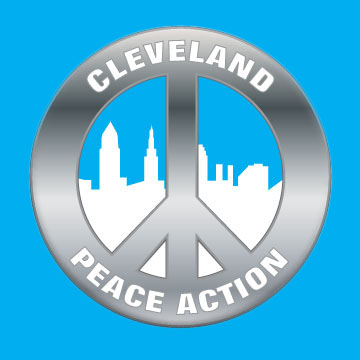
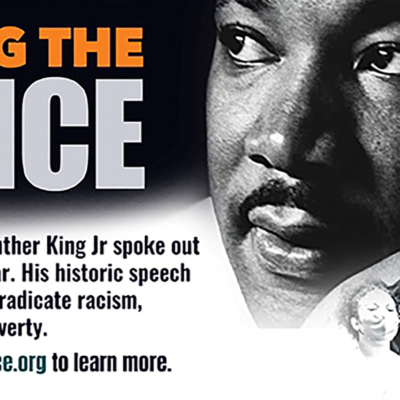
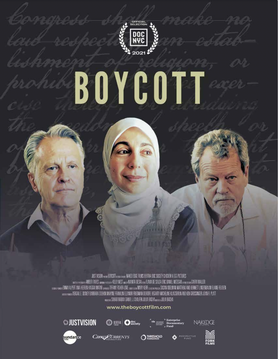
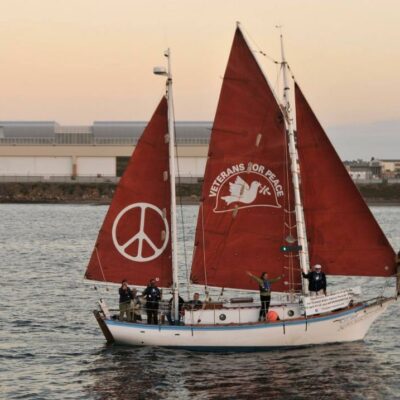
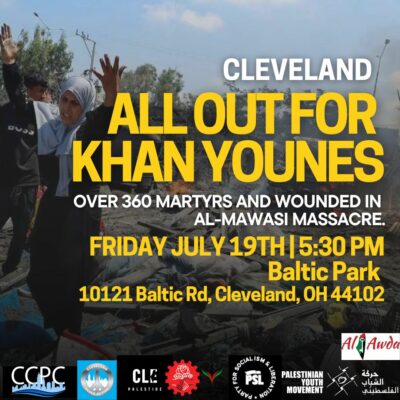
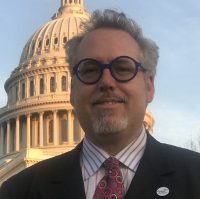
Leave a Comment